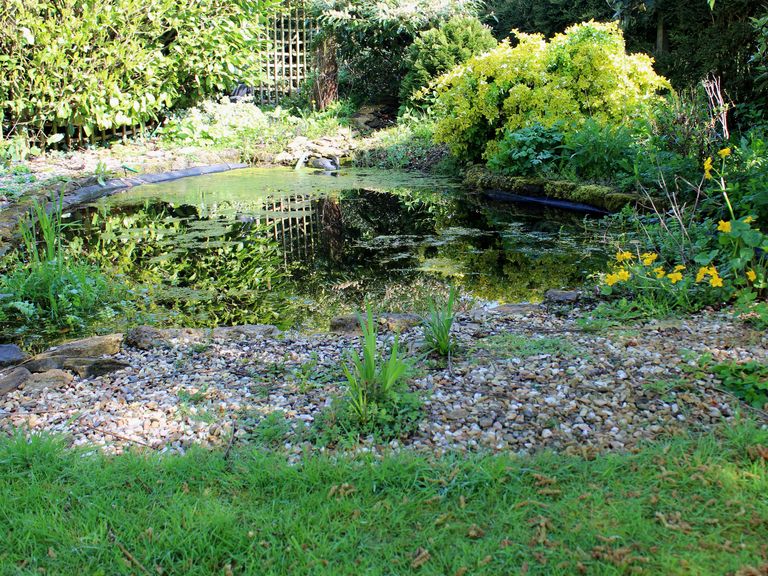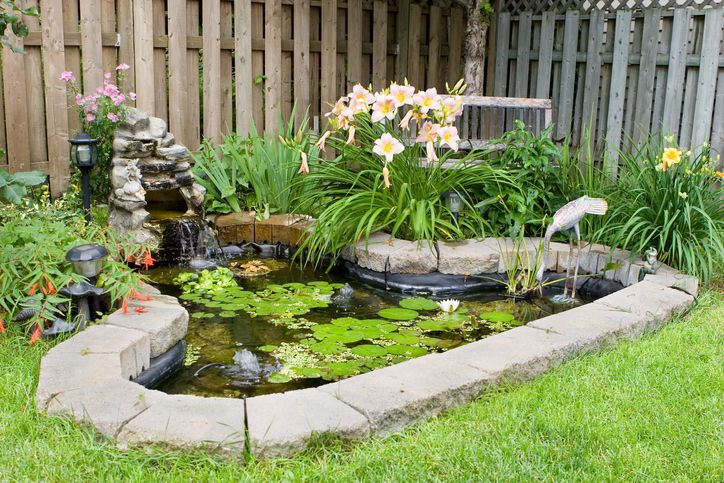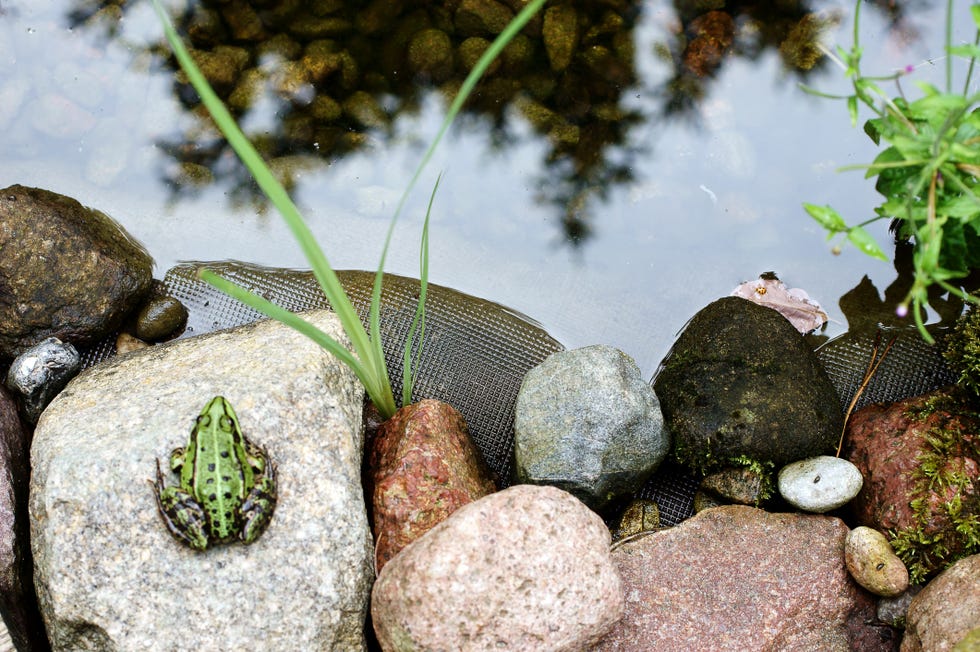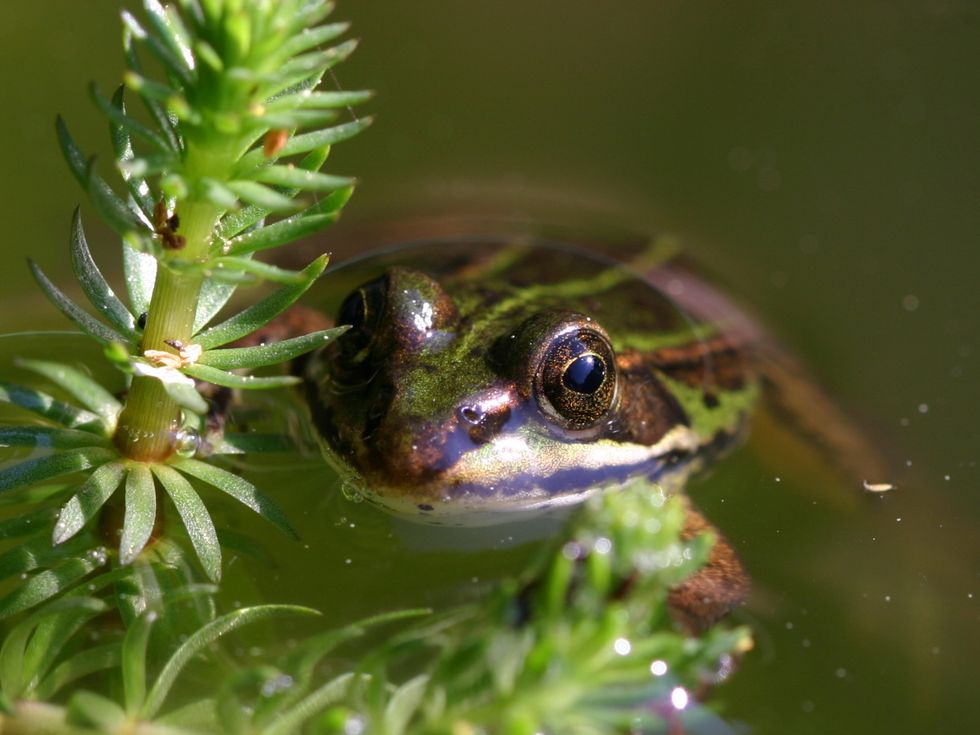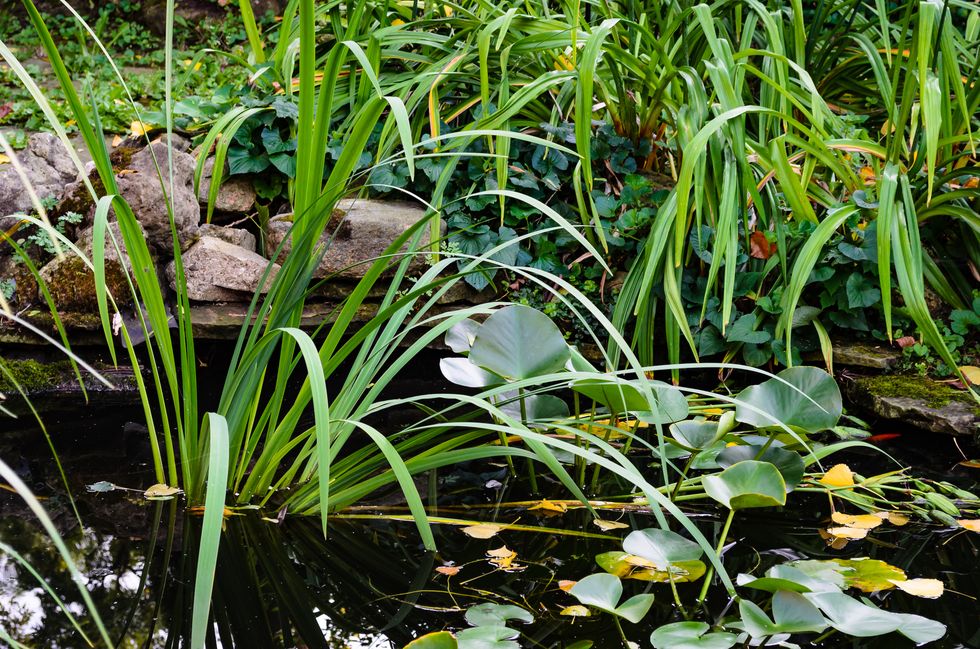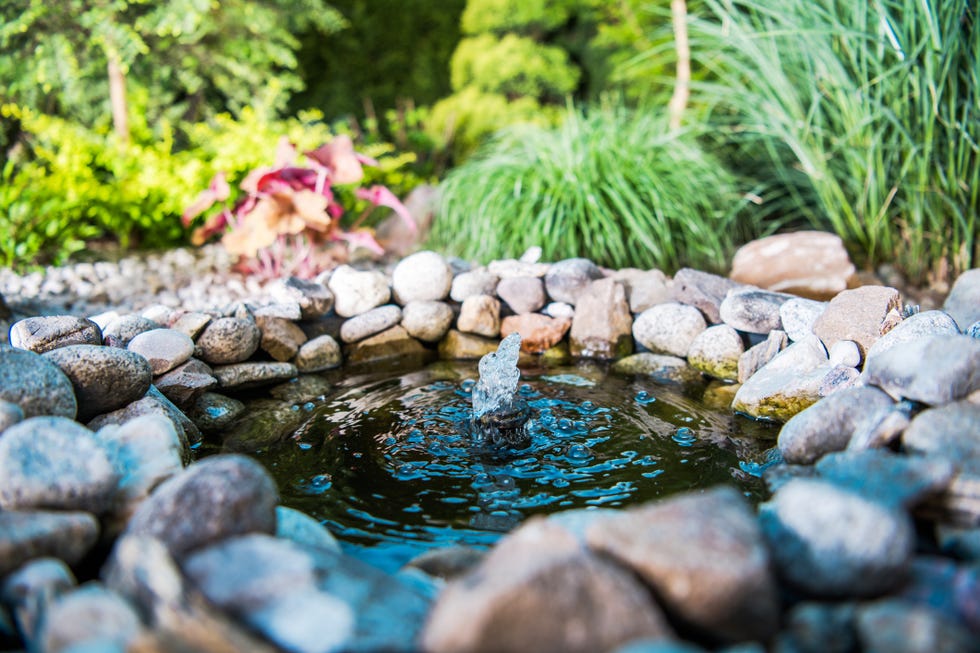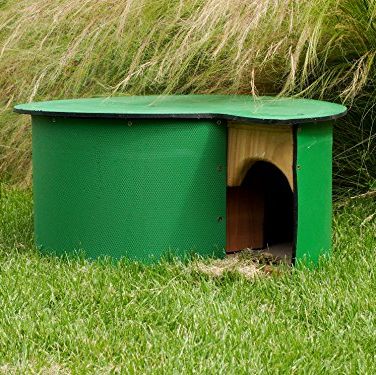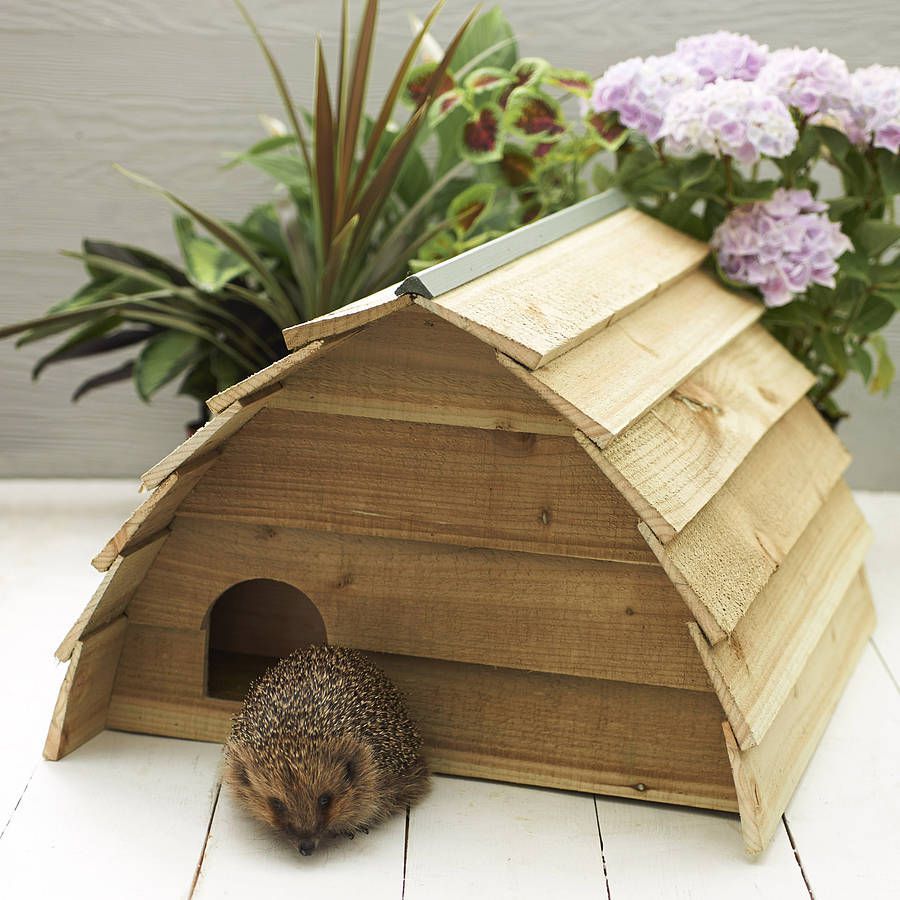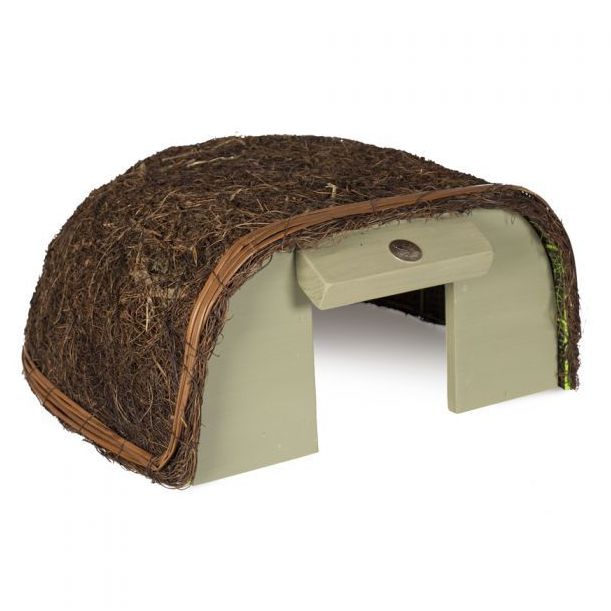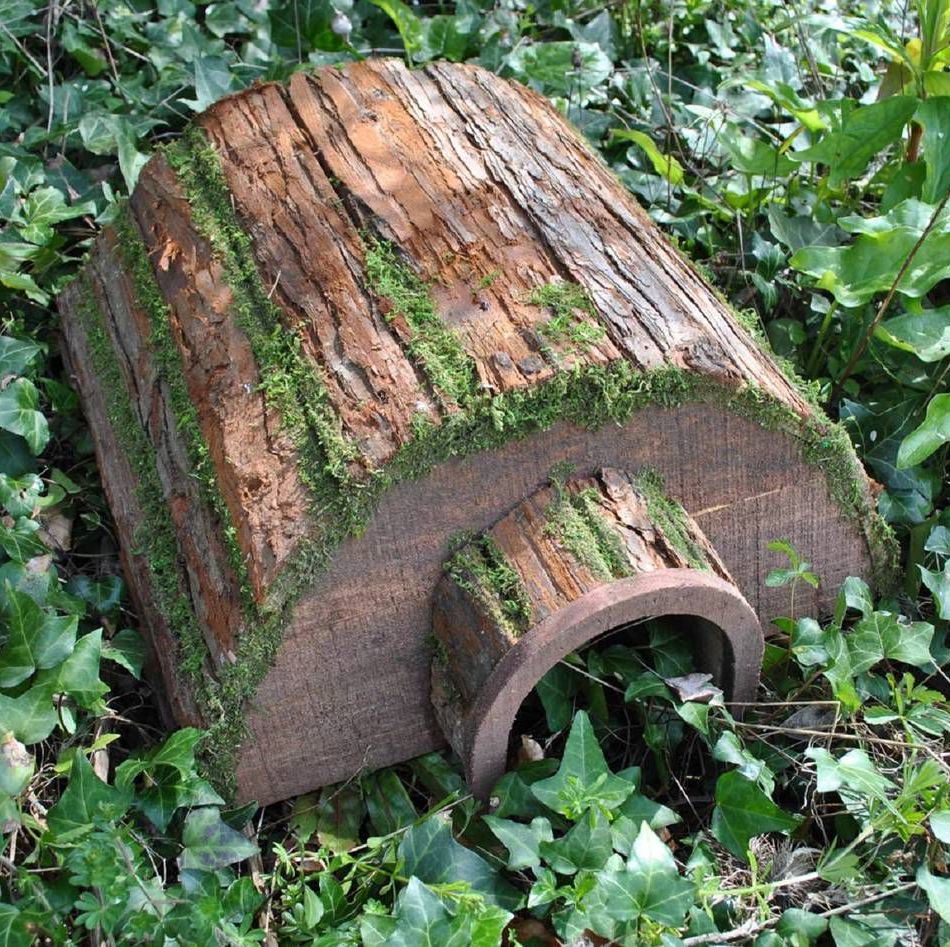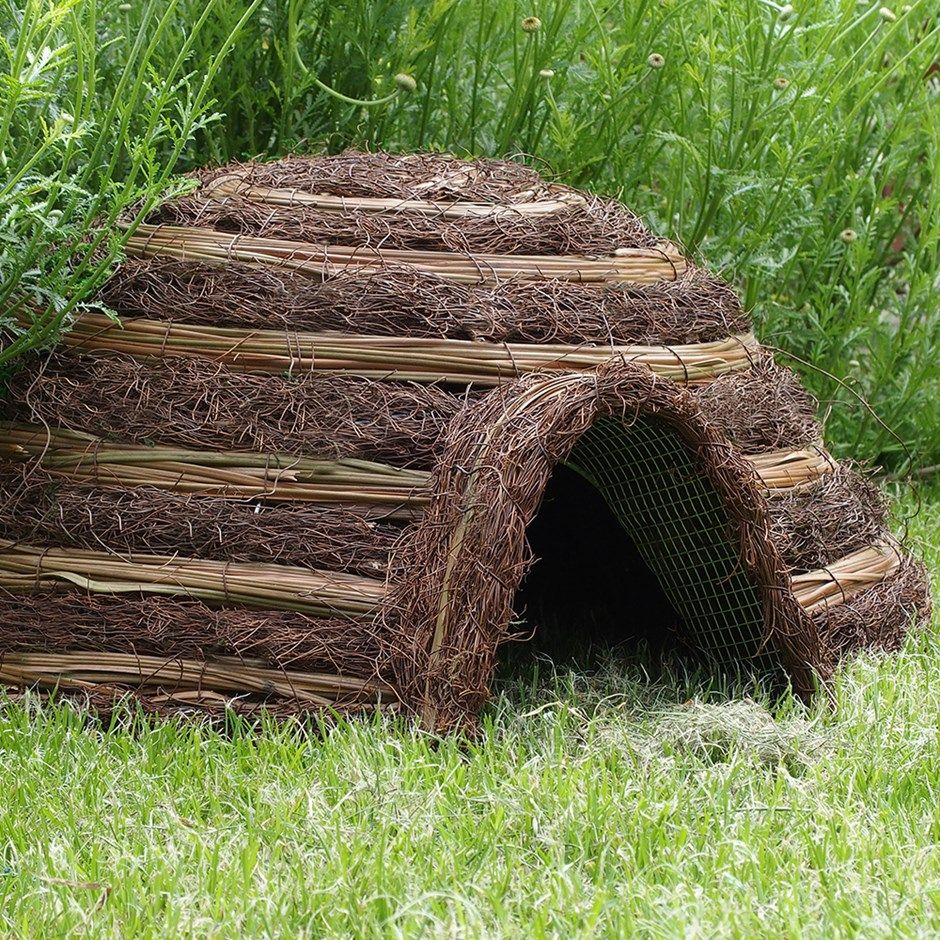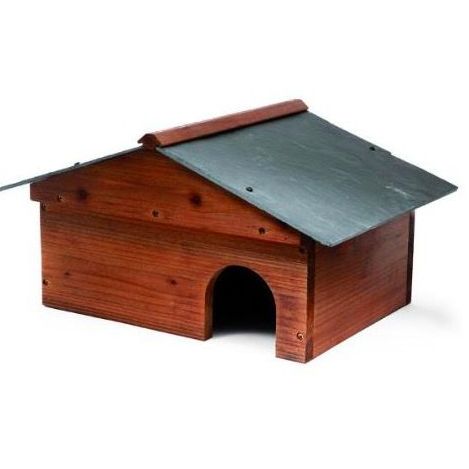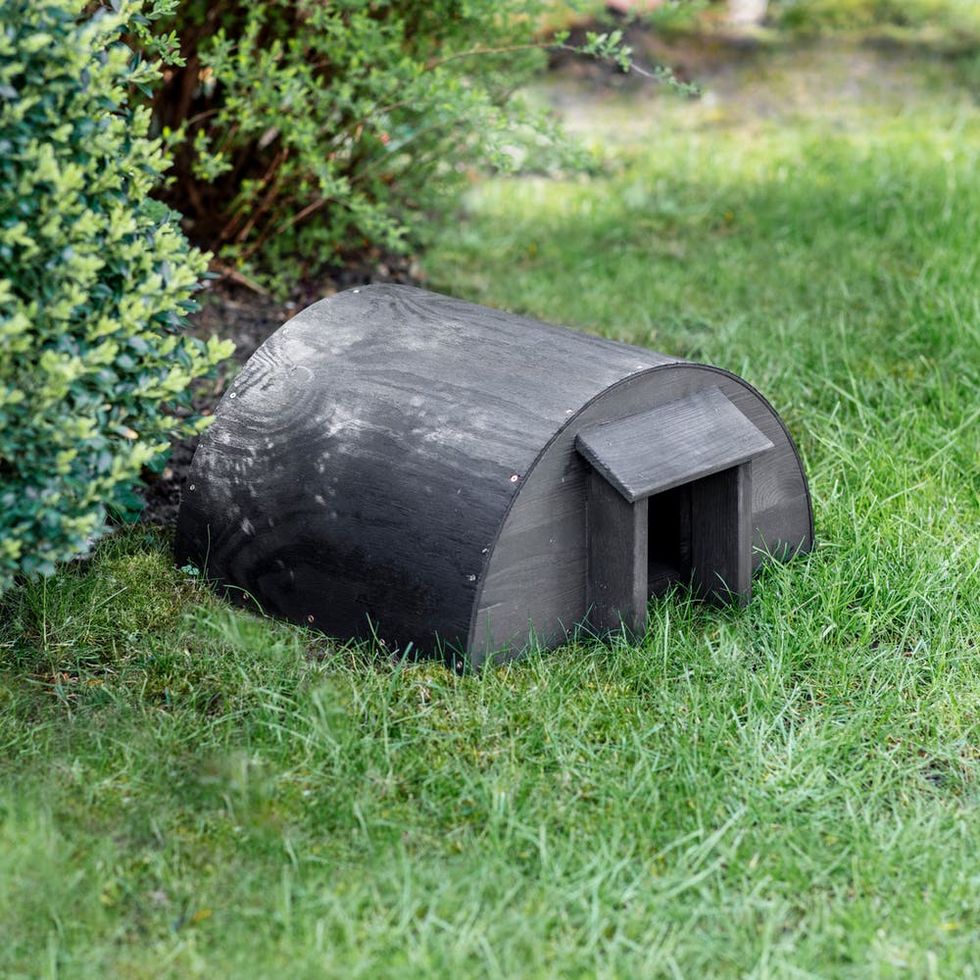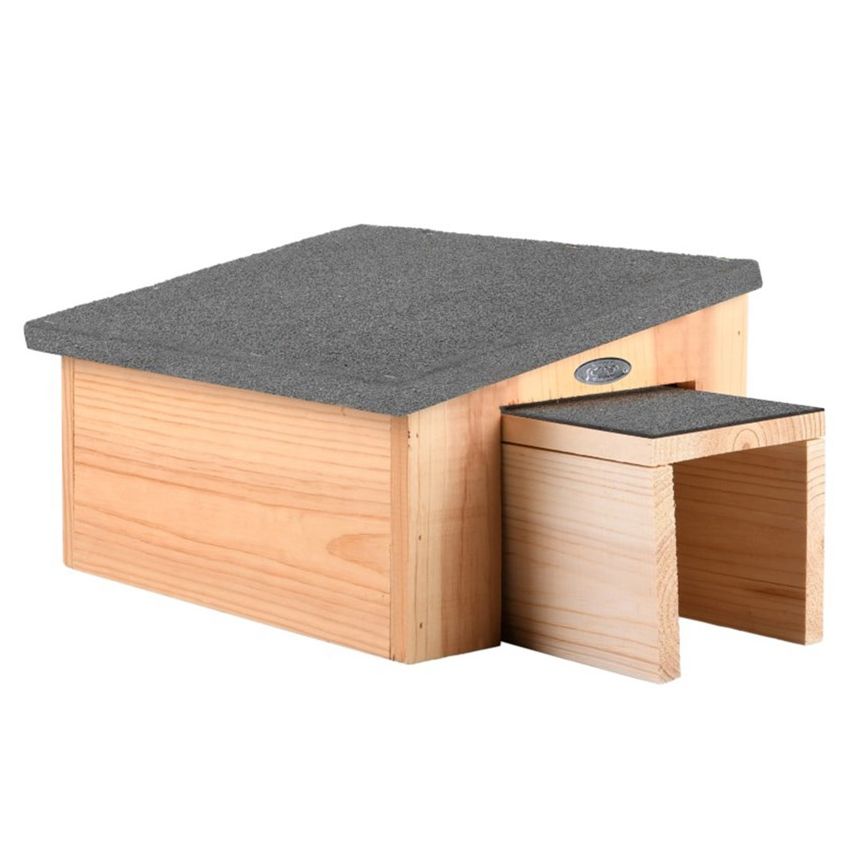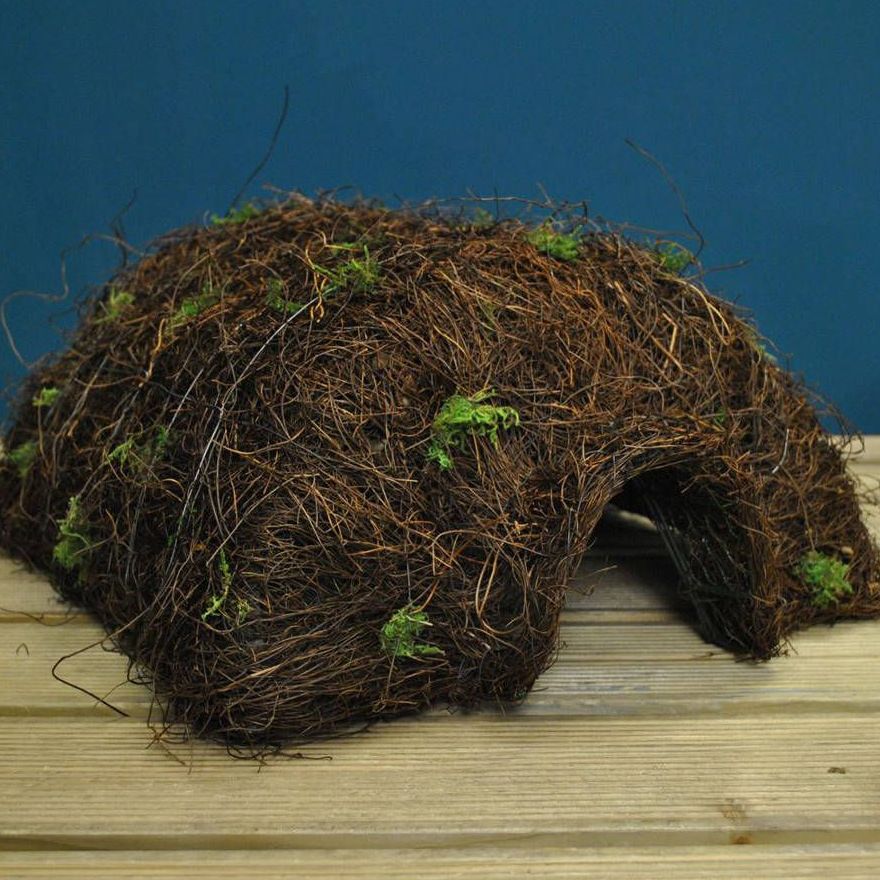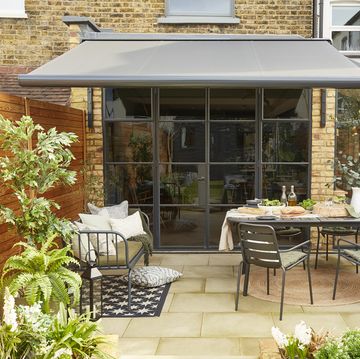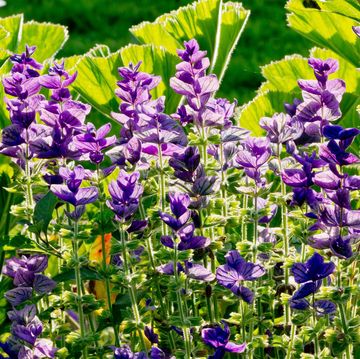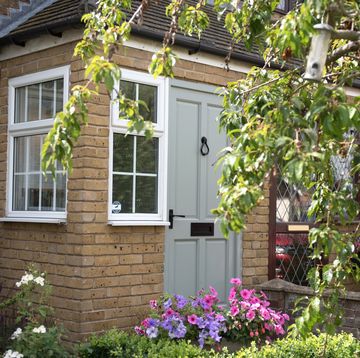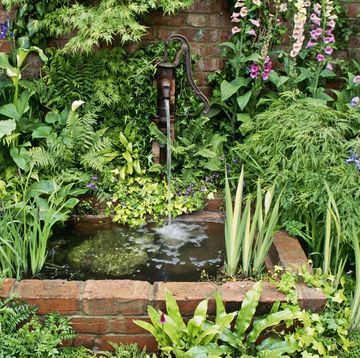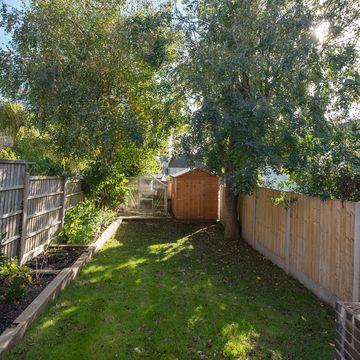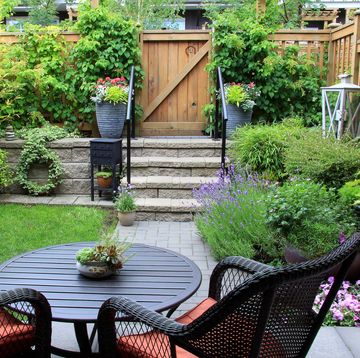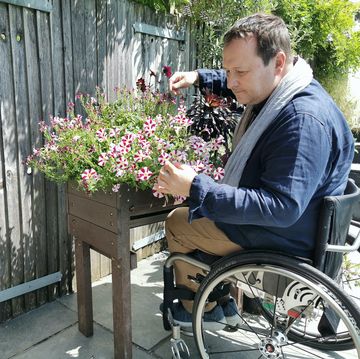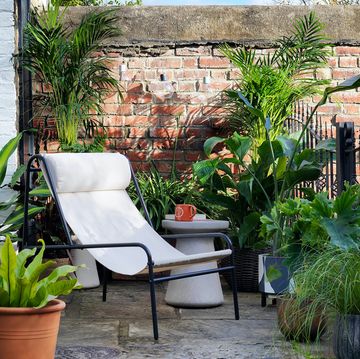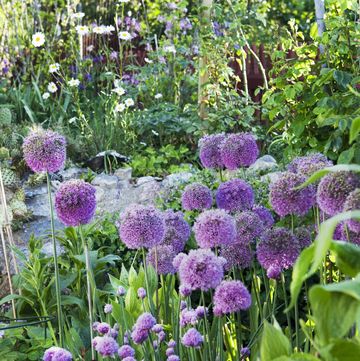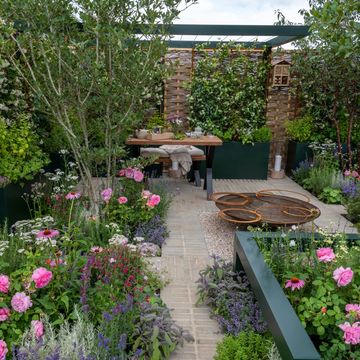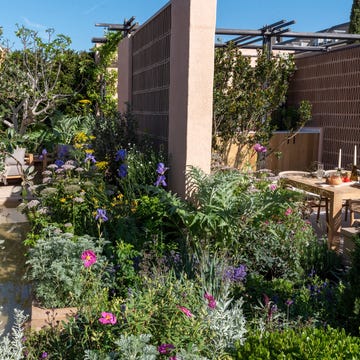What's one of the best things you can do in your garden to help wildlife? The answer is simple – make a garden pond. But where do you start?
'Many Brits quite rightly think a pond is a quick and easy way to liven up their gardens, but it’s important not to break ground before carefully considering your plan,' explain the team at GardenBuildingsDirect.
'Digging too deep or wide and straight down or in the wrong place could all impact the quality of your final pond. Failing to consider drainage and what species might call it home could spell disaster too, so we’ve advice for gardeners ready to take the plunge.'
With wildlife declining across the UK, it's vital we do all we can with our outdoor spaces to make them a haven for insects, birds and small animals.
Water is a vitally important element of a wildlife-friendly habitat, and once you have water you'll get toads, frogs and maybe newts, and from there you'll get birds and hedgehogs –you'll be amazed at what beautiful creatures find their home in your pond.
Planning on building your own garden pond? These are eight tips to get you started.
1. Decide the depth
When planning ahead for your pond, consider what depth you want to opt for. Shallower ponds are better suited for displaying ornaments and rocks, as well as giving you the chance to interact more with fish and wildlife.
If you're looking to build a deeper pond, they will be less affected by algae because light can only reach a percentage of the water. It's worth knowing however, that deeper ponds do require a more expensive pond liner. Plus, fish may swim to the bottom and hide.
2. Keep your pond suitable
Remember to carefully consider the size of your pond. One that takes up most of your garden won't be very convenient for you, while a small puddle-sized pond equally won't make much of a difference to wildlife.
Location can be crucial, too. Take the time to consider the proximity to your house, flower beds, fences and any areas where children play. See more below for garden pond safety with young children.
3. Opt for simple shapes
Gentle curves are the best kind for a garden pond. The temptation of wanting to experiment with jagged edges and interesting shapes can often creep in, but these will eventually erode over time. Unless you are able to reinforce your pond's sides regularly, choosing a simple shape is the best way to create a brilliant wildlife-friendly pond.
4. Avoid vertical walls
Reinforcing vertical walls in a garden pond can be more difficult and costly, as it requires larger rocks that are heavier and more expensive. Shallow banks (which are ideally less than halfway to a right-angle) enable smaller stones to be used as loose reinforcement.
5. Don't forget to protect the bottom
It's important you protect the bottom of your pond to prevent burrowing animals from chewing at the pond liner. Make sure you lay down a protective metal mesh sheet along the floor of the pond and cover it with an even layer of dirt. Then, don't forget to put a strong pond lining in that covers all sides.
Try not to buy the cheapest pond liner either, as you want to stop unwanted dirt and water creeping in. It's better to invest in something which will last. You can shop a range of pond liners at Bradshaws Direct.
6. Level the perimeter
The water level for a garden pond will only be as high as the lowest points around the perimeter. If the edges are too uneven in height, water could flow out at a steady rate — particularly in heavy rain.
7. Don't forget drainage
To stop heavy downpours from creating your pond to flood, identify and implement an overflow area by creating a drainage channel to a safe area of lawn, shrubbery or waste land. You'll be thankful for this during the wet weather.
8. Fill it carefully
When you're ready to fill your pond, make sure not to overfill it. It's advised you leave room for rain. Pick appropriate plants and fish too, and try to stay away from any invasive plants that could ruin your pond.
Please remember to avoid any kind of open water in the garden if you have young children. The Royal Society for the Prevention of Accidents (RoSPA) advises parents with children under 6 years old to temporarily cover ponds until they are older. You can do this by:
- Covering the pond by using a rigid metal grille
- Choosing a fence (at least 1.1m) and ensuring access points such as gates are kept locked
- Fill it – transforming your pond into a flowerbed or even a sandpit
For more advice on garden water safety click here.
Pond maintenance should become a regular task, like weeding, when spending time in the garden. The team at BillyOh.com share five ways to keep ponds well-maintained:
1. Cleaning
The best time to clean a pond is in late autumn when pond life is generally less active. Start by preparing a holding tank for the fish and deep-water plants to be kept in whilst cleaning; this should be filled with water from the pond.
Use a pump to remove the water, placing any animals into the holding tank as you see them. Put any plant material at the bottom of the pond on the side to help keep smaller animals safe. Remove all the silt and scrub the pond clean.
Return some of the silt to the bottom of the pond, add in the plants and fill with water – rainwater is best. You can put the fish straight in once the pond is refilled.
2. Water Levels
Ensure water levels are constantly topped up by ideally using conserves of rainwater to fill up the pond.
3. Weeds
Just like you would weed your garden, ponds also need weeding. If you pick out the floating weeds, place them on the side of the pond overnight to give any creatures clinging to them a chance to make their way back to the water.
4. Frost
As the weather gets colder there is more chance of ponds freezing over, and potentially killing the wildlife inside (depending on how severe the frost is). You can melt the ice by placing a hot pan on the surface. Floating a ball on the surface of the water can delay frost or installing a pond heater or water feature.
5. Oxygen
Fish need oxygen to survive and they find this in the pond water. If it becomes too stagnant, they could potentially die. In summer, or during a long period without rain, spraying the surface of the pond with water from a hose can break the surface. Having a water feature will also help aerate the water whilst it’s moving.
Like this article? Sign up to our newsletter to get more articles like this delivered straight to your inbox.
